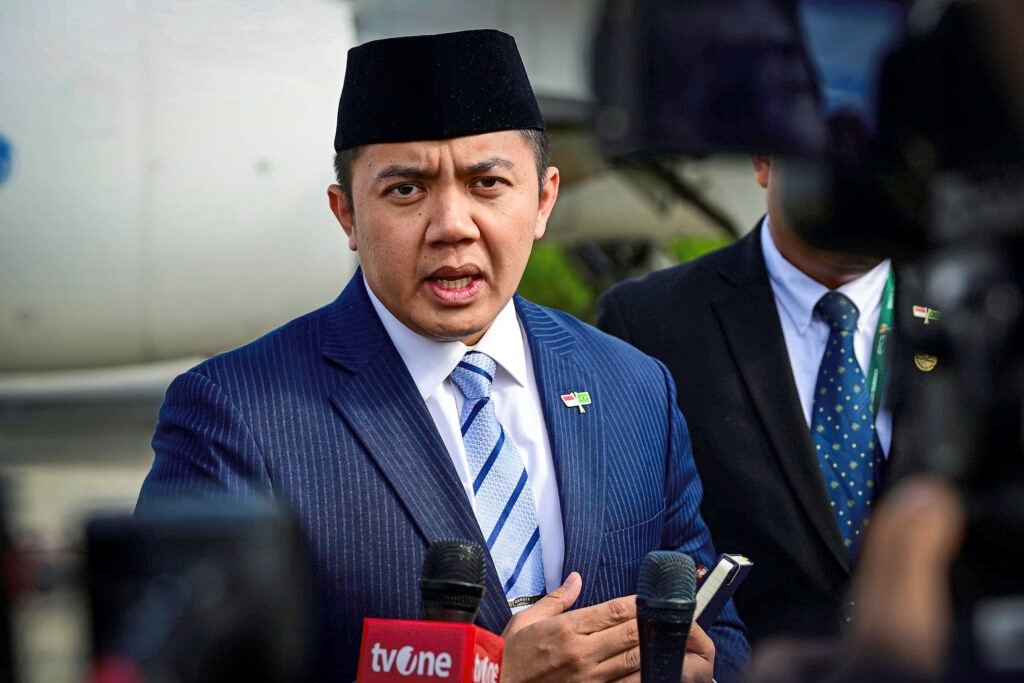President Jokowi: Efforts to Eradicate Corruption Must Continue

President Jokowi delivers his remarks at the commemoration of the 2020 International Anti-Corruption Day virtually from the State Palace, Jakarta, Wednesday (16/12). (Source: Presidential Secretariat YouTube account)
Efforts to prevent and eradicate corruption must continue from the upstream part to the downstream part, President Joko “Jokowi” Widodo said.
“Corruption eradication must never stop,” President Jokowi said at the commemoration of the 2020 International Anti-Corruption Day virtually from the State Palace, Jakarta, Wednesday (16/12).
Anti-corruption education, the President said, must be expanded to give birth to a future generation that is anti-corruption.
“Developing an anti-corruption culture and fostering a sense of shame in enjoying the results of corruption is an important step in preventing criminal acts of corruption,” he said.
In addition, the President added, building a system that shuts down the opportunities for corruption is also the key.
“All government agencies must continue to improve transparency, increase accountability, streamline work and service processes to the public to minimize opportunities for corruption, as well as improve the quality of services to the community,” he said.
The President also stated that reforms in the licensing and public service sectors currently being carried out by the Government are a significant effort to reduce opportunities for corruption.
“The Government is striving to carry out structural reforms on a large scale. Overlapping regulations and complicated procedures will continue to be trimmed,” he said.
Sectors that are directly related to the interests of the people at large and affect the business ecosystem, especially MSMEs, are the Government’s main concern, the President stated.
“We are cutting the red tape of the bureaucratic mechanisms and procedures which are then supported by the adoption of digital technology, such as e-budgeting, e-procurement, e-audit, and other applications,” he said.
The reform of the system that is being carried out, according to the President, requires the support of effective supervision, both carried out by internal supervisors in government institutions and external supervisors involving several agencies outside the Government.
“Also by inviting public participation to oversee the work of government officials,” he added.
Furthermore, the President said, the professionalism of law enforcers has a very central position in prosecution and prevention. However, the orientation and mindset in supervision and law enforcement must be directed at improving governance and preventing corruption.
“The enforcement is not measured by how many cases were found, but on how to prevent them on an ongoing basis so that the criminal act of corruption does not happen again,” he said.
The President further said that efforts to eradicate corruption require extraordinary persistence and consistency, adding that there is also a need for extraordinary collective orchestration to take precautions.
“It takes innovation and systematic work to close opportunities for corruption. Fair and consistent action is needed to take action against the perpetrators of corruption,” the President said.
This systematic step, he said, is expected to further increase the effectiveness of the prevention and eradication of corruption.
“I hope that with systematic steps from upstream to downstream, we can more effectively eradicate corruption and poverty, reduce unemployment, and make Indonesia a developed country that we aspire to be,” the President said. (FID/UN) (FI/EP)








